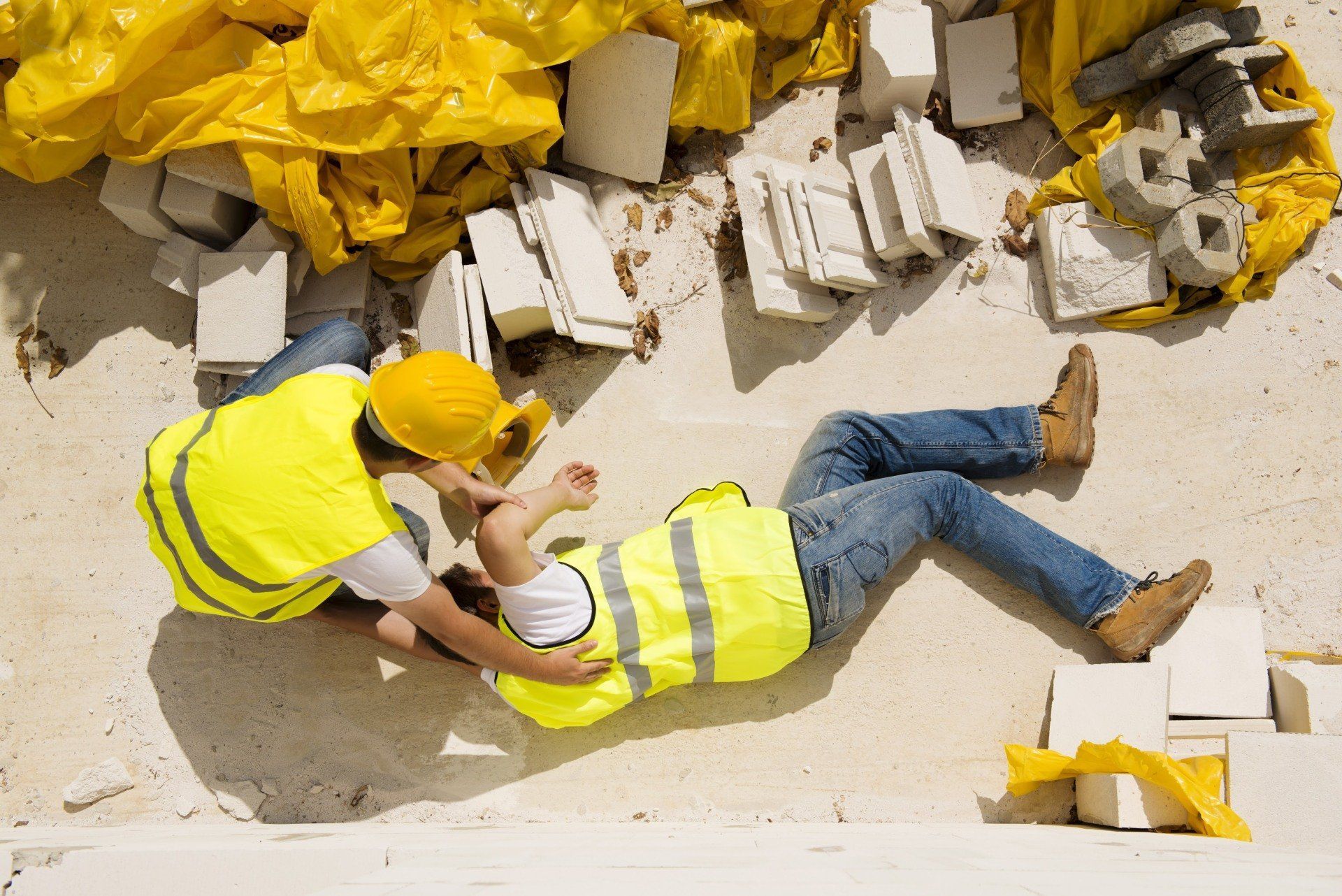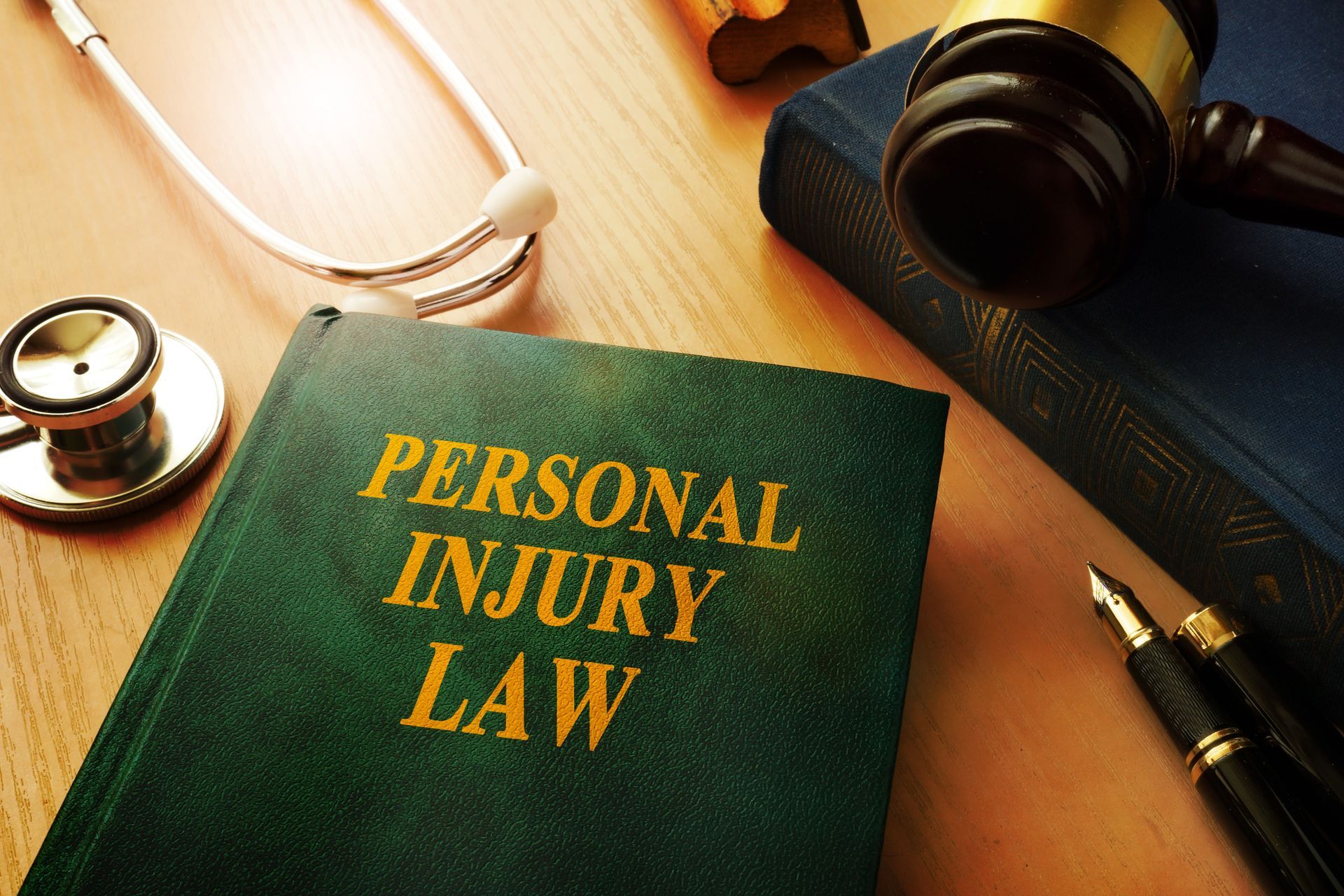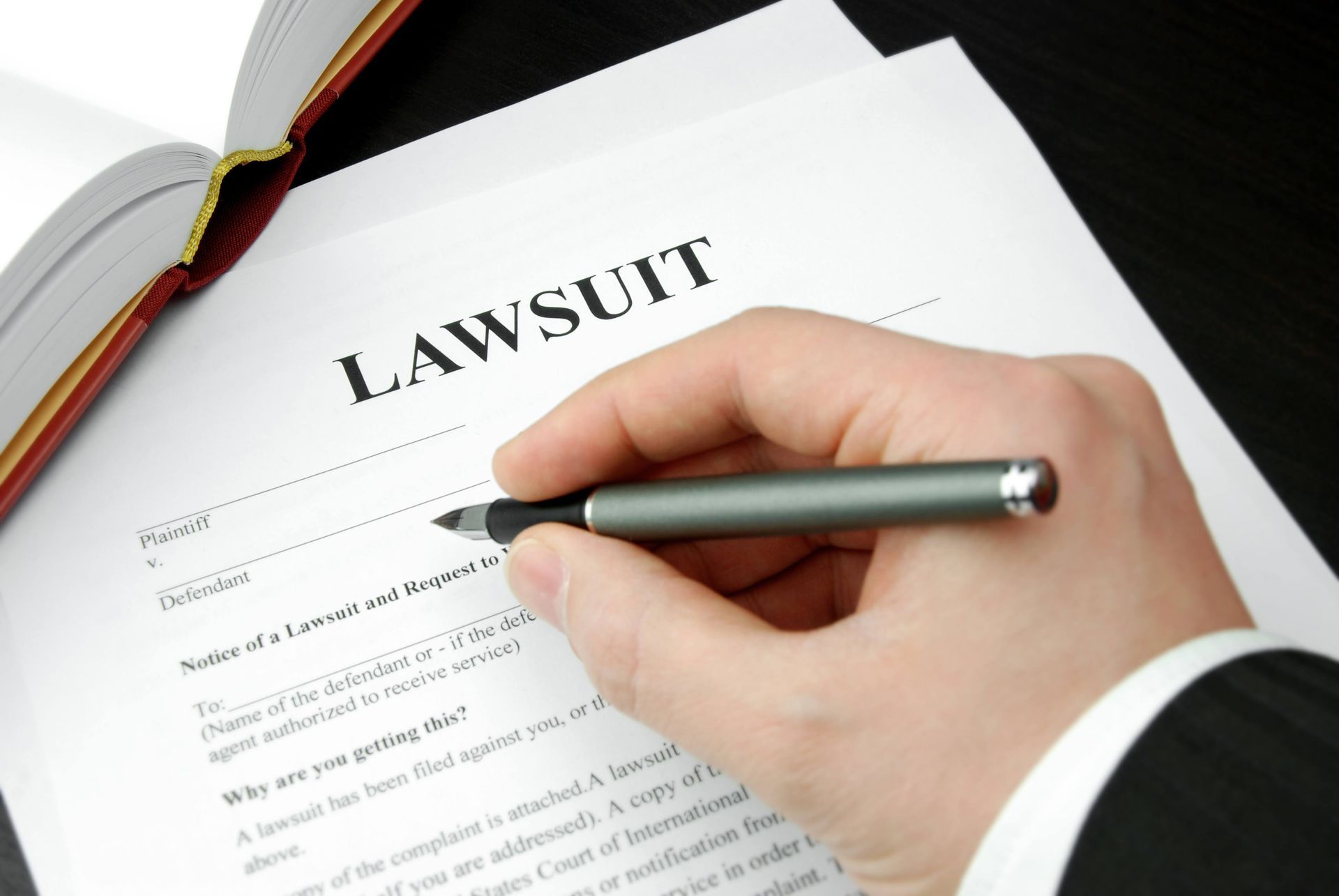4 Things to Know About Construction-Site Injury Lawsuits
April 12, 2022

Few workplaces offer more potential for injury than construction sites, and few cities have hosted more construction activity than New York City. As a result, the state has seen an enormous number of construction-site accident injuries, accounting for
26 percent
of all New York's work-related deaths.
If you have sustained a debilitating injury due to a construction-site accident, you may have grounds to file and pursue a personal injury lawsuit, even if you also qualify for workers’ compensation. Since this issue can prove complex and confusing, you'll want to study the following four important points about construction-site injury lawsuits.
Like the vast majority of U.S. states, New York requires employers to maintain workers’ compensation insurance. This form of insurance practically guarantees prompt financial compensation for workers' injuries. In exchange, injured workers typically waive their right to file a personal injury lawsuit against their employers.
Workers’ compensation can provide you with a quick, uncomplicated lump-sum payment to cover your immediate medical bills and lost wages. Unfortunately, it may not compensate you sufficiently for your long-term needs, limitations, and losses, especially if your injury causes permanent disability.
Workers’ compensation doesn't always bar a personal injury lawsuit against your employer. For instance, if your employer committed gross negligence or a malicious action that directly led to your injury, you may have grounds to sue. You may also file a lawsuit if your employer denied compensation unfairly or failed to carry adequate insurance.
Even if you receive workers’ compensation for your construction site, you may also file a personal injury lawsuit against a liable third party. Examples might include contractors injured on the job due to faulty electrical wiring or substandard mechanical maintenance by another company, rather than any fault by your employer.
Employees make up only one major category of individuals who may need to file a construction-site injury lawsuit. Innocent bystanders may also receive injuries from falling objects, exposed wiring, toxic chemicals, and other workplace hazards. If you fall into this category, you may decide to sue the liable party for damages.
Sometimes a worker or bystander dies as the result of a construction-site injury. If you've lost a loved one in this way, you might have sufficient grounds to file a wrongful death lawsuit. Your attorney can investigate the circumstances of the death to determine which party or parties might shoulder blame for the death.
The sheer range of potential defendants in this kind of case can prove bewildering for both construction employees and bystanders. The liable parties in your case might include the project's architect, engineers, foremen, contractors, subcontractors, or the manufacturers of defective tools or equipment.
Severe injuries and even deaths on construction sites may occur as freak incidents, with no one directly responsible. For instance, a high wind that blew a tool off a scaffold and hit an individual may leave no one liable. However, if someone failed to secure that tool according to proper procedures, that party may hold liability.
In practically any kind of personal injury lawsuit, you and your attorney must show four key points to the court's satisfaction. You must show that the defendant held some responsibility for your safety, that the defendant failed in that duty of care, that the failure caused your injury, and that the injury produced losses.
The experienced personal injury attorneys at Schonberg Law Offices can review your situation, help you decide whether to file a construction-site injury lawsuit and which parties you should sue, and then pursue that lawsuit as effectively as possible. Contact us to schedule a consultation at any of our law office locations .
1. Injured Construction Workers Usually Get Workers’ Compensation
Like the vast majority of U.S. states, New York requires employers to maintain workers’ compensation insurance. This form of insurance practically guarantees prompt financial compensation for workers' injuries. In exchange, injured workers typically waive their right to file a personal injury lawsuit against their employers.
Workers’ compensation can provide you with a quick, uncomplicated lump-sum payment to cover your immediate medical bills and lost wages. Unfortunately, it may not compensate you sufficiently for your long-term needs, limitations, and losses, especially if your injury causes permanent disability.
2. You May Have Grounds to Sue Despite Workers’ Compensation
Workers’ compensation doesn't always bar a personal injury lawsuit against your employer. For instance, if your employer committed gross negligence or a malicious action that directly led to your injury, you may have grounds to sue. You may also file a lawsuit if your employer denied compensation unfairly or failed to carry adequate insurance.
Even if you receive workers’ compensation for your construction site, you may also file a personal injury lawsuit against a liable third party. Examples might include contractors injured on the job due to faulty electrical wiring or substandard mechanical maintenance by another company, rather than any fault by your employer.
3. Bystanders Can Also File Construction-Site Injury Lawsuits
Employees make up only one major category of individuals who may need to file a construction-site injury lawsuit. Innocent bystanders may also receive injuries from falling objects, exposed wiring, toxic chemicals, and other workplace hazards. If you fall into this category, you may decide to sue the liable party for damages.
Sometimes a worker or bystander dies as the result of a construction-site injury. If you've lost a loved one in this way, you might have sufficient grounds to file a wrongful death lawsuit. Your attorney can investigate the circumstances of the death to determine which party or parties might shoulder blame for the death.
The sheer range of potential defendants in this kind of case can prove bewildering for both construction employees and bystanders. The liable parties in your case might include the project's architect, engineers, foremen, contractors, subcontractors, or the manufacturers of defective tools or equipment.
4. You Must Demonstrate Several Key Facts to Win Your Lawsuit
Severe injuries and even deaths on construction sites may occur as freak incidents, with no one directly responsible. For instance, a high wind that blew a tool off a scaffold and hit an individual may leave no one liable. However, if someone failed to secure that tool according to proper procedures, that party may hold liability.
In practically any kind of personal injury lawsuit, you and your attorney must show four key points to the court's satisfaction. You must show that the defendant held some responsibility for your safety, that the defendant failed in that duty of care, that the failure caused your injury, and that the injury produced losses.
The experienced personal injury attorneys at Schonberg Law Offices can review your situation, help you decide whether to file a construction-site injury lawsuit and which parties you should sue, and then pursue that lawsuit as effectively as possible. Contact us to schedule a consultation at any of our law office locations .











